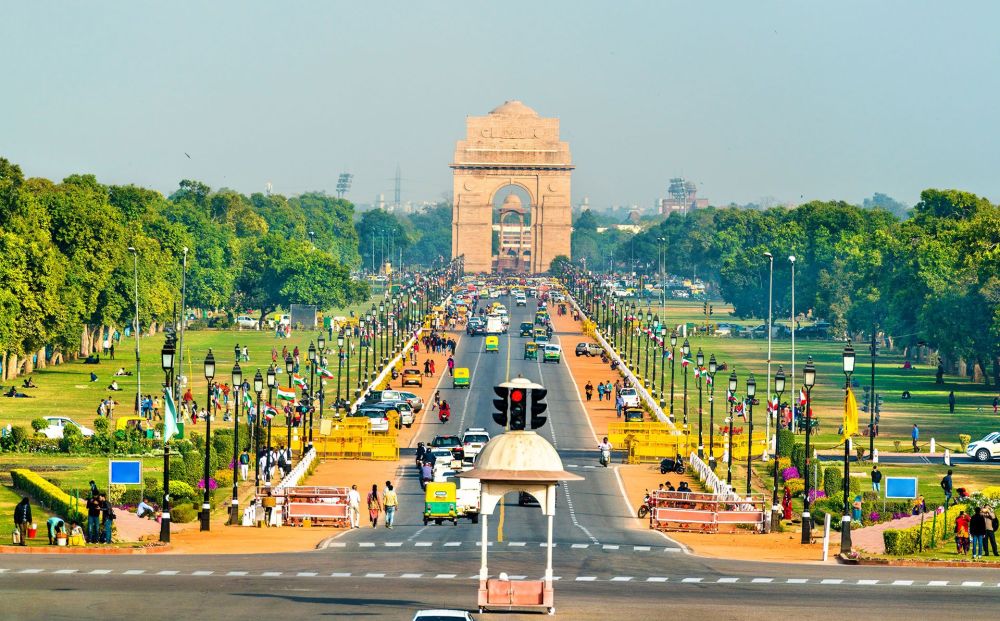

Delhi, the capital city of India, has a rich history that dates back thousands of years, serving as a pivotal cultural and political hub for many empires and dynasties. The city's tourism sector has evolved substantially, reflecting the changing times and the city's unyielding spirit.
Tourism in Delhi saw its initial surge with the Mughal Empire's grandeur in the 16th century. Monuments like the Qutub Minar, Red Fort, and Humayun’s Tomb were not just architectural marvels but also symbols of imperial power. The city started to attract travelers and merchants from across the globe, who would document Delhi's splendor in their travel accounts.
The advent of British colonial rule introduced a different architectural style and urban planning, which added a new layer to Delhi's tourism landscape. The creation of New Delhi as the imperial capital by the British architects Edwin Lutyens and Herbert Baker, led to the construction of iconic buildings such as the Rashtrapati Bhavan and the India Gate.
Post-independence in 1947, Delhi not only became the political heart of India but also a symbolic center for the nation's heritage and diversity. The government of independent India took significant steps to preserve monuments and promote tourism. Institutions like the India Tourism Development Corporation were established, and the city's connectivity was enhanced.
With the turn of the 21st century, Delhi saw a massive leap in tourism infrastructure, particularly in preparation for the 2010 Commonwealth Games. The city witnessed improvements in transportation, with the expansion of the Delhi Metro, the modernization of the Indira Gandhi International Airport, and a surge in high-quality accommodation options.
Today, Delhi boasts of a wide array of tourist attractions including the Lotus Temple, Akshardham Temple, and the bustling markets of Chandni Chowk. It is a city where ancient history coexists with a lively contemporary culture.
The latest trend in Delhi’s tourism includes experiential travel where visitors indulge in local experiences such as heritage walks, food tours, and cultural workshops. Sustainable tourism is also gaining traction as travelers become more conscientious about their environmental impact. The current push for digitalization in the tourism industry enables a more seamless and personalized visitor experience.
Despite its potential, Delhi's tourism sector also faces challenges such as pollution, preservation of its historical sites, and the need for better waste management. Addressing these issues is crucial for the sustainable development of tourism in Delhi.
The government continues to invest in tourism to ensure that visitors not only witness the historical treasures of the city but also the vibrant culture and warm hospitality that Delhi offers. With strategic development and responsible tourism practices, Delhi is all set to enhance its position as a leading global destination.